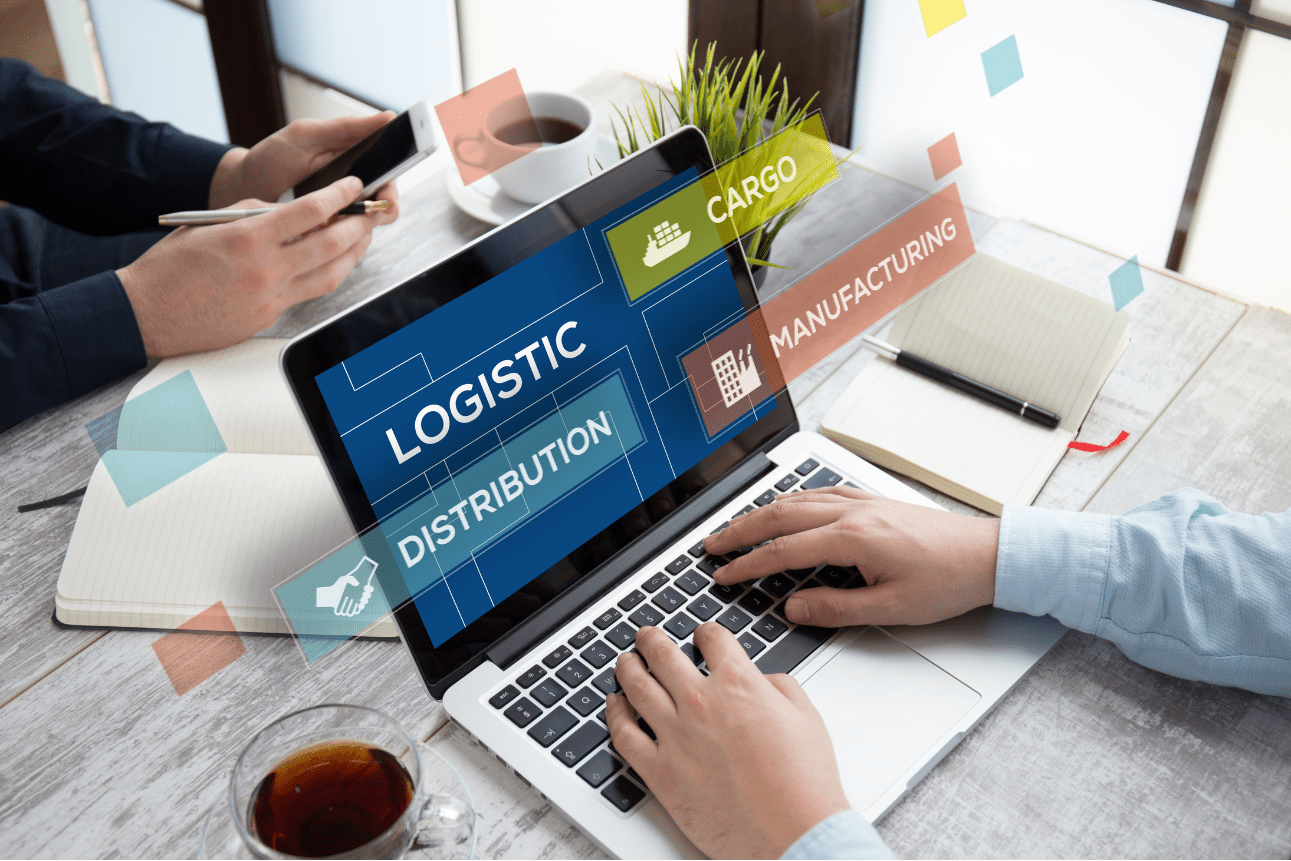Driving Growth with virtual logistics outsourcing
In today’s fast-paced market, businesses must deliver products quickly and accurately. However, managing logistics internally often strains time and resources. Virtual logistics outsourcing offers a smart solution. By delegating logistics tasks to specialized external teams, companies gain efficiency, reduce costs, and focus on their core goals.
Why Virtual Logistics Outsourcing Matters
Traditional logistics can be costly and complex. It requires managing inventory, coordinating shipments, and monitoring delivery performance. Small delays often create big disruptions. Meanwhile, virtual logistics providers use digital platforms to streamline processes.
Because they operate online, these providers respond faster to changes. They track shipments in real time, optimize routes, and provide instant updates. As a result, businesses gain better control over their supply chains without building large in-house teams.
Benefits That Drive Success
One major advantage is cost savings. Businesses no longer need to invest in warehouses, vehicles, or expensive logistics software. Instead, they pay only for the services they use. This flexible model scales easily as demand grows or slows down.
Another key benefit is expertise. Virtual logistics partners bring industry knowledge and advanced technology. Their tools forecast demand, manage inventory, and handle last-mile delivery with precision. These improvements reduce errors and speed up delivery times, which boosts customer satisfaction.
In addition, outsourcing creates operational agility. Market demands shift rapidly, especially during peak seasons or economic changes. Virtual teams can scale services up or down quickly. This flexibility allows companies to adapt without major internal disruptions.
How to Get Started
Transitioning to virtual logistics outsourcing starts with assessing your current supply chain. Identify bottlenecks, high costs, or delays. Then, look for outsourcing partners with a proven record in digital logistics. Check their platforms, service coverage, and support systems.
Clear communication is also crucial. Establish performance metrics, delivery expectations, and data-sharing protocols from the start. This alignment helps avoid delays or confusion later.
A Competitive Edge
In a digital-driven economy, speed and accuracy matter. Companies that embrace virtual logistics outsourcing can outperform competitors. They free up resources for innovation, marketing, and customer service. More importantly, they can respond to market changes faster than those relying solely on internal systems.
By leveraging this model, businesses create a supply chain that is lean, agile, and future-ready.




